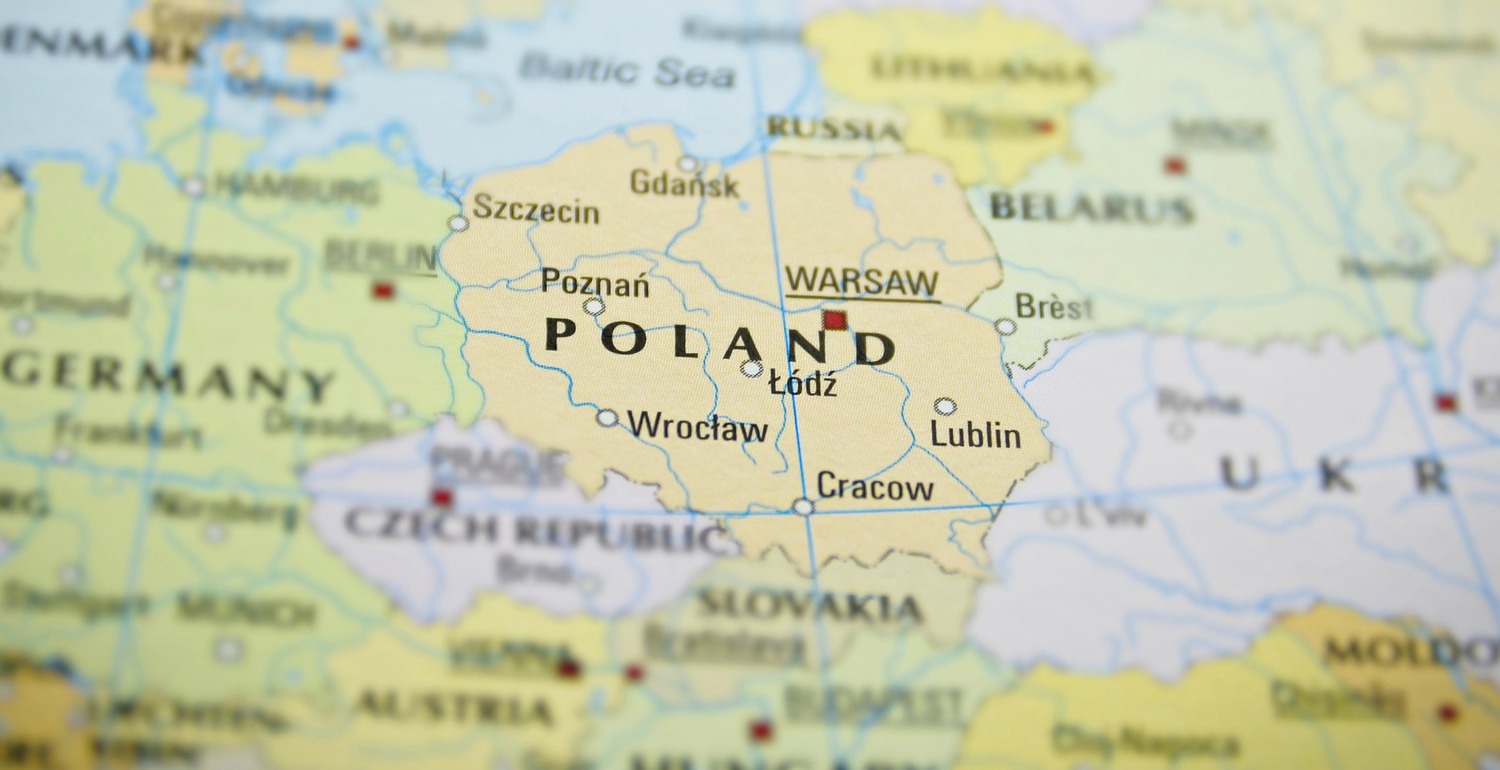Russian Prime Minister Vladimir Putin made an unprecedented gesture of good will to Poland on Wednesday by attending a memorial ceremony for 22,000 Poles executed by Soviet secret police during World War II. But hours later he soured the mood by offering a controversial justification for the massacres.
After attending the solemn event with Polish Prime Minister Donald Tusk, Putin said Soviet dictator Josef Stalin ordered the atrocity as revenge for the death of Red Army soldiers in Polish prisoner of war camps in 1920. Putin said 32,000 troops under Stalin’s command had died of hunger and disease in the Polish camps.
“It is my personal opinion that Stalin felt personally responsible for this tragedy, and carried out the executions (of Poles in 1940) out of a sense of revenge,” Putin said, the RIA Novosti news agency reported.
The Polish side had no immediate response to this suggestion.
U.S. Sen. Benjamin Cardin, who has advocated greater Russian recognition of the atrocities, said there can be no justification for the murder of innocent people.
“I think trying to rationalize the massacre in any way is unwarranted. You can’t justify that under any scenario. It was senseless and there was no just cause. Those are the facts,” Cardin, who chairs the U.S. Helsinki Commission, told The Associated Press.
Earlier on Tuesday, Putin offered a gesture of reconciliation to Poland by becoming the first Russian leader to ever commemorate the Katyn massacres with a Polish leader. He said earlier in the day that the two nations’ “fates had been inexorably joined” by the atrocities.
The 22,000 Polish officers, prisoners and intellectuals were massacred by Stalin’s secret police in 1940 in and around Katyn, a village near Russia’s border with Belarus.
During the ceremony, Putin also offered what appeared to be his harshest condemnation of Stalin’s rule to date on Tuesday, saying: “In our country there has been a clear political, legal and moral judgment made of the evil acts of this totalitarian regime, and this judgment cannot be revised.”
But his speech stopped short of offering any apology to Poland or calling the massacres a war crime, as some officials in Poland and the United States had urged him to do.
Also, while giving the go-ahead to a joint historic commission on the matter, Putin gave no concrete pledge that all Soviet archives documenting it would finally be unsealed.
Tusk used his emotional speech about the Polish victims to push Putin on this point.
“Prime minister, they are here. They are in this soil. The eye sockets of their bullet-pierced sculls are looking and waiting to see whether we are able to transform violence and lies into reconciliation,” Tusk said.
But at an evening news conference, Putin said Russia already has disclosed everything except for the perpetrators’ names, which are being kept secret out of “humanitarian” regard for their surviving relatives.
Putin also said Russian people should not be blamed for the atrocities at Katyn.
“For decades, attempts have been made to cover up the truth about the Katyn executions with cynical lies, but suggesting that the Russian people are to blame for that is the same kind of lie and fabrication,” he said.
For half a century, Soviet officials claimed that the mass executions had been carried out by Nazi occupiers during the Second World War. But the Soviet Union under Mikhail Gorbachev’s rule admitted in 1990 that the crimes had been committed by Stalin’s NKVD secret police, a precursor to the KGB.
The disclosure opened the floodgates of historical consciousness across the Soviet Union, speeding its demise as nations across the Eastern bloc awoke to the horrors of the Soviet regime and sought independence.
As recently as December, Putin resisted a broad denunciation of Stalin’s reign. He told a call-in show with the Russian public that it was “impossible to make an overall judgment” against Stalin because he had industrialized the nation and played a key role in defeating the Nazis.
Russia also has clashed with its neighbors in Eastern Europe over what it has perceived as offenses to the legacy of Stalin and the Red Army. The relocation of a Soviet war memorial in Estonia in 2007 was met with a bristling reaction from Moscow, as was a resolution made by European lawmakers in 2009 equating Stalinism and Fascism.
Putin’s meeting with Tusk seems to be part of a broader Kremlin effort to avoid similar confrontations and improve ties with Europe.
President Dmitry Medvedev wrapped up a two-day visit to Slovakia on Tuesday, and said in the capital, Bratislava, that the EU-member state was a “very convenient and open door for Russia to the European Union.”
“We are ready to actively go through this door,” Medvedev said during a televised news conference with his Slovak counterpart, Ivan Gasparovic.
During the visit — marking the 65th anniversary of the Slovak capital’s liberation from Nazi rule — Medvedev gave Slovak officials World War II documents from Russia’s state archives.






